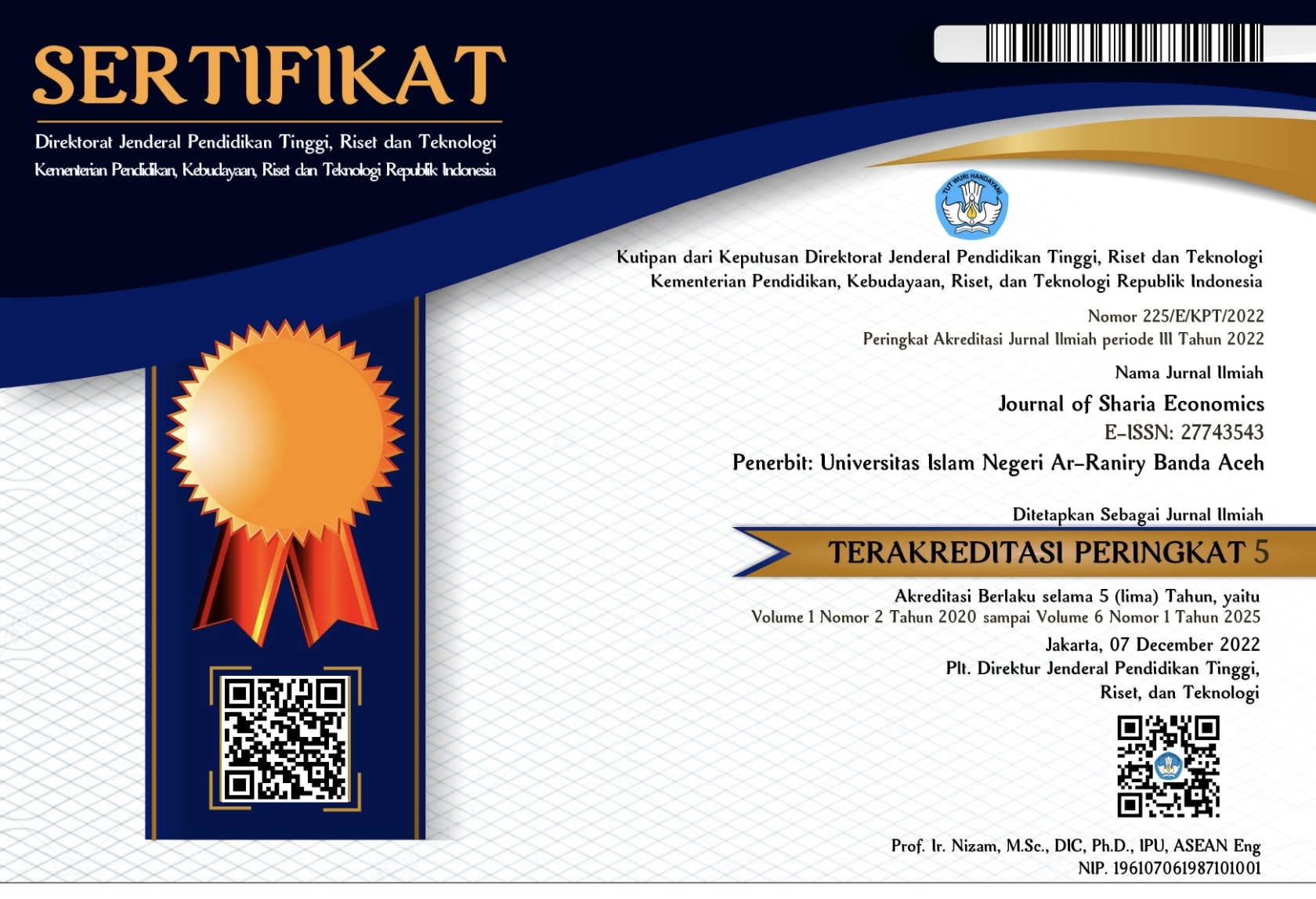ANALYSIS OF ACCOUNTING TREATMENT OF NON-HALAL FUNDS AT THE NATIONAL ZAKAT INSTITUTION DAARUT TAUHIID PEDULI
DOI:
https://doi.org/10.22373/jose.v6i2.8377Abstract
The management of non-halal funds sourced from activities that are not in accordance with sharia principles is a crucial issue for the National Amil Zakat Institution (LAZNAS), because it risks reducing accountability and public trust. This study aims to analyze in depth the management mechanism and application of accounting treatment of non-halal funds at LAZNAS Daarut Tauhiid Peduli. The research approach used is qualitative with descriptive methods, where data is obtained through interviews, observations, and documentation studies. The results found that LAZNAS Daarut Tauhiid Peduli has implemented a strict management mechanism, including separation of funds from the beginning, internal classification as Sharia Prohibited funds (YDS), as well as a layered approval flow involving the Sharia Supervisory Board. The accounting treatment applied is in accordance with the principles of PSAK 409, where funds are recognized as liabilities, measured at nominal value, and presented and disclosed separately in the financial statements. It is concluded that the practice in this institution can be a model of accountable governance, although it is still faced with the obstacles of the lack of specific technical regulations and the complexity of internal procedures.
Downloads
Published
Issue
Section
License
Copyright (c) 2025 Savitri Agustin, Lina Yulianti, Ridwan Effendi

This work is licensed under a Creative Commons Attribution 4.0 International License.












